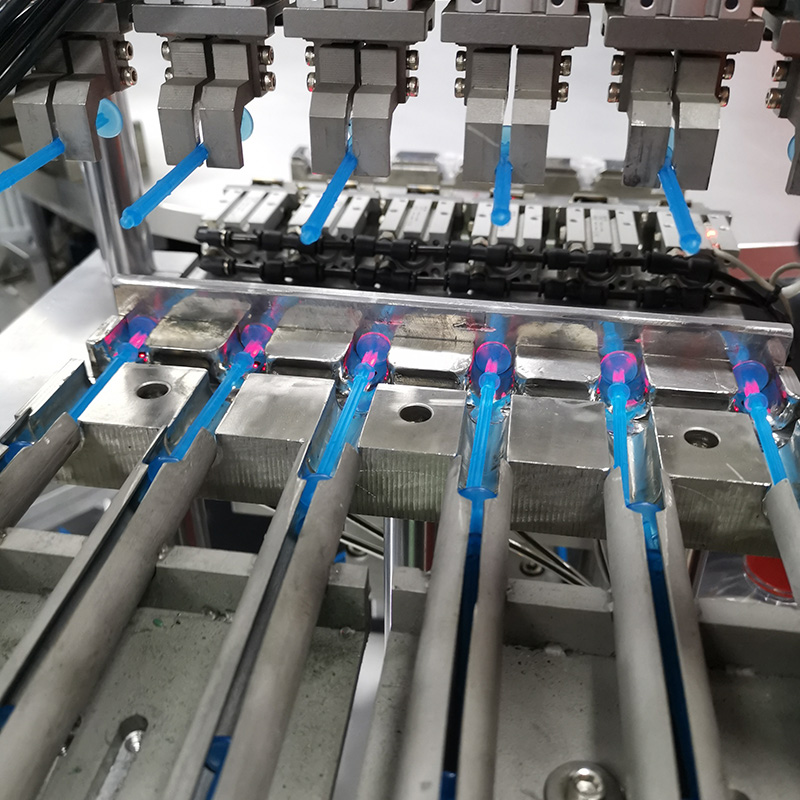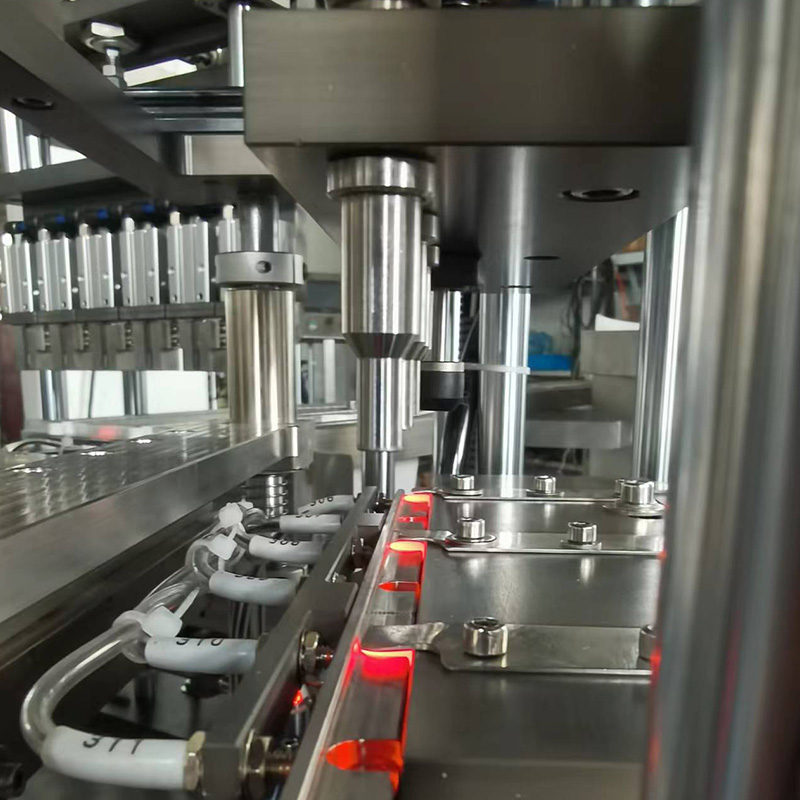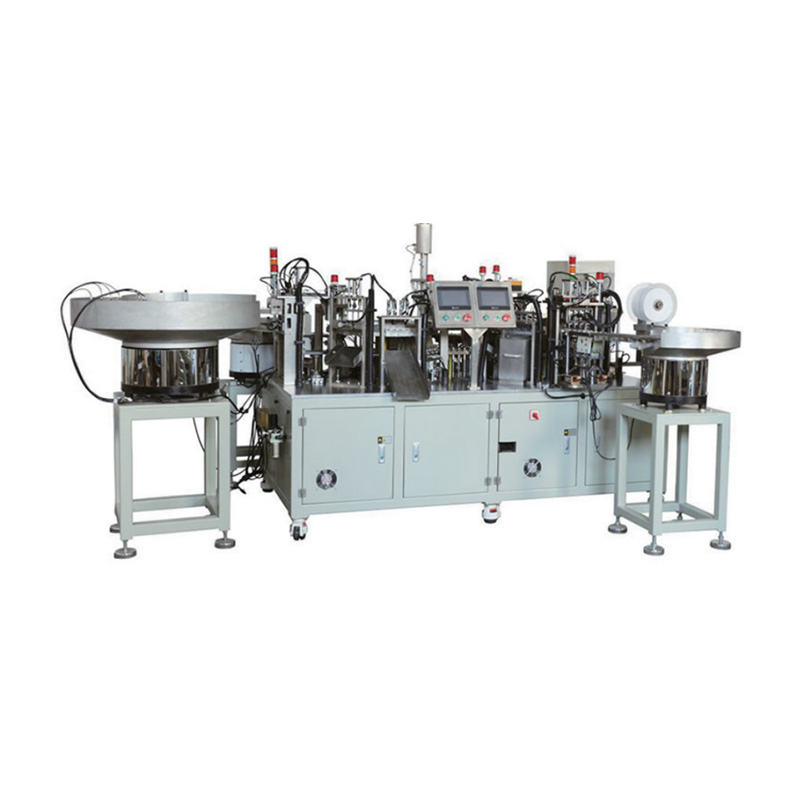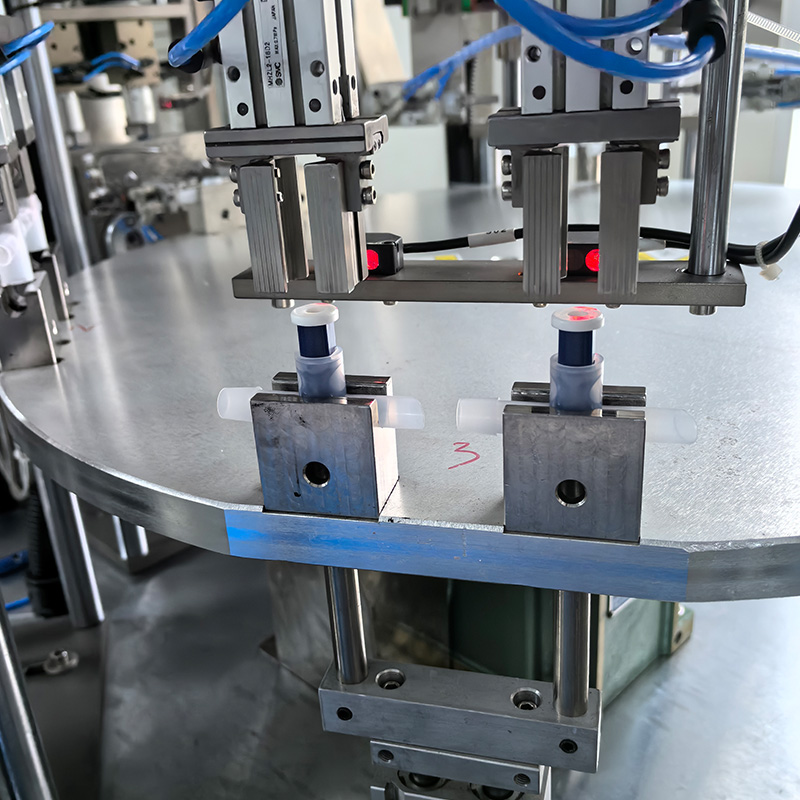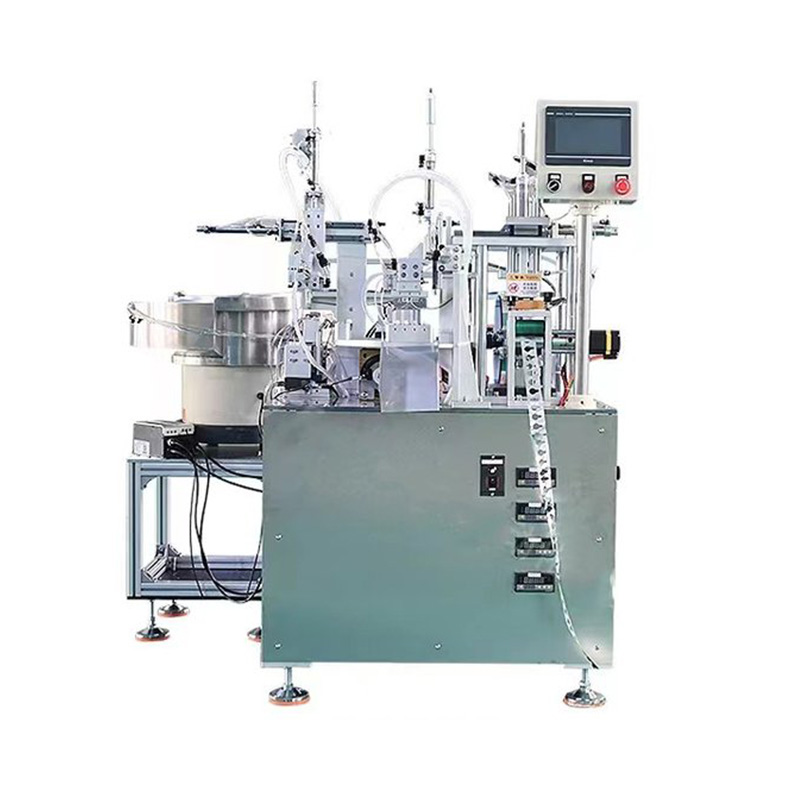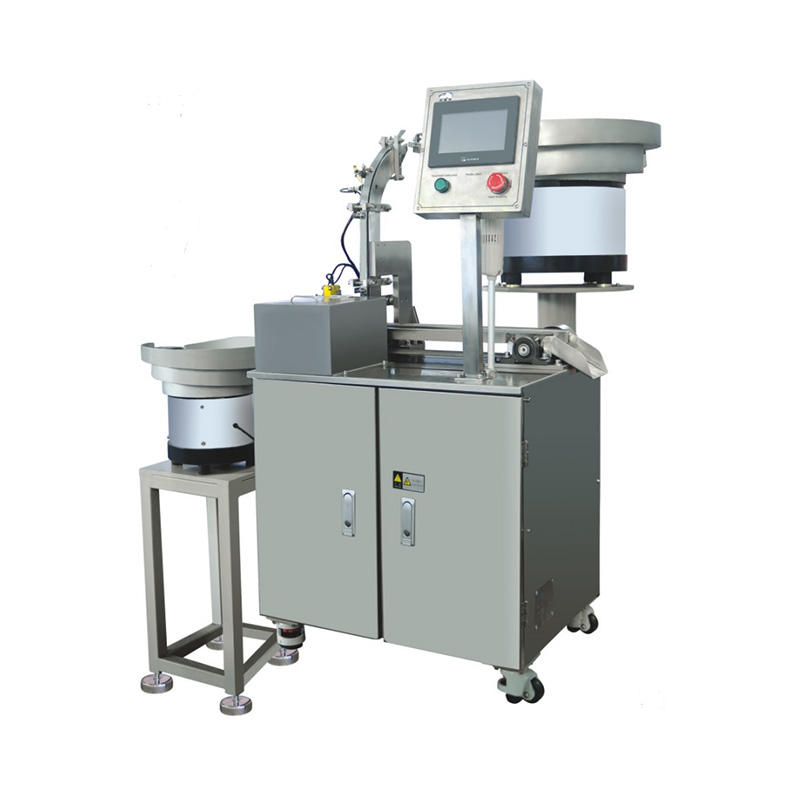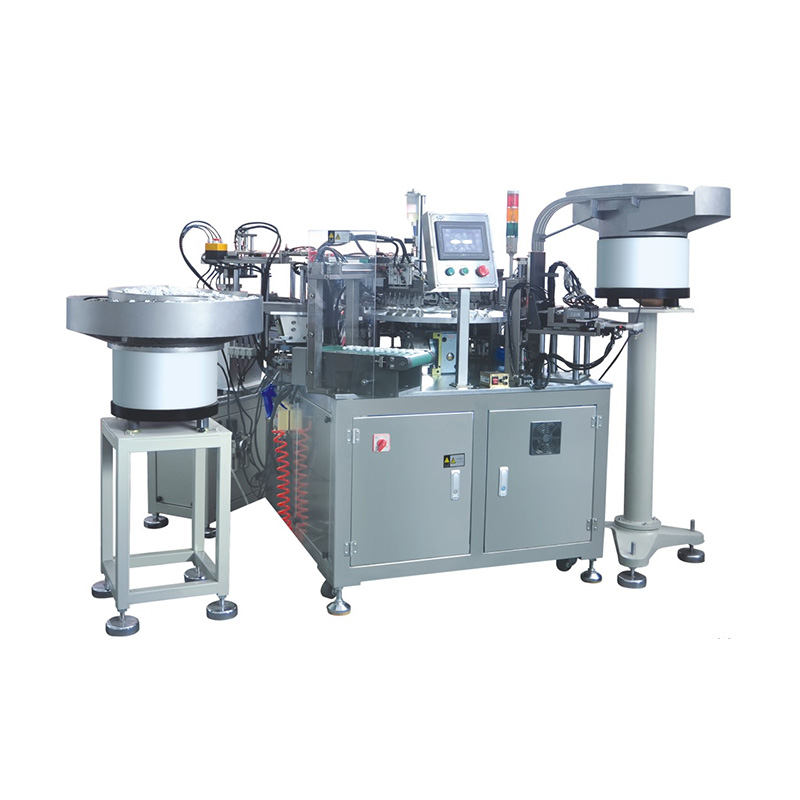China Zhejiang Taizhou Ambe Trading Co., Ltd. is a manufacturer specializing in the production of medical equipment automation equipment.
A common question among medical device manufacturers and product developers is whether custom solutions are feasible when it comes to plastic moulding. The short answer is yes—modern Medical Plastic Mould processes and facilities are designed to support a high degree of customization. But how is this achieved, and what does it mean for medical applications?
The need for customization often arises from specific clinical requirements. For instance, a surgical instrument might need an ergonomic handle, or a diagnostic housing might require unique interfaces for connectivity. This is where the role of a specialized Medical Plastic Mould Factory becomes critical. Unlike standard moulding services, such a factory has the technical capability to design and produce moulds that match exact customer specifications.
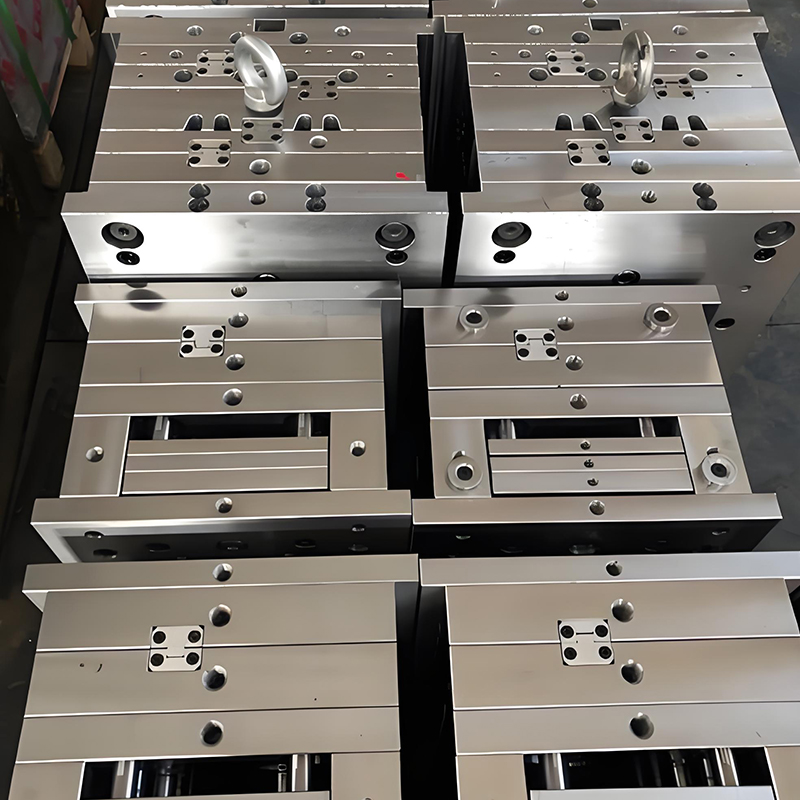
One of the things people ask is: what aspects of a Medical Plastic Mould can be customized? Dimensions, material grade, surface finish, and structural details like undercuts or threads can all be tailored. Additionally, insert moulding or overmolding—processes often available in a full-service Medical Plastic Mould Factory—can combine different materials or components in a single shot. For example, a single mould might produce a housing that incorporates both rigid and flexible zones for better usability and impact resistance.
But customization isn't just about shape and size. Material selection is equally important. Medical devices require plastics that are biocompatible, sterilizable, and durable. A knowledgeable Medical Plastic Mould Factory will often have experience with a range of medical-grade polymers and can advise on which material suits a particular function—whether it's for fluid resistance, transparency, or impact strength. Materials such as PEEK, polycarbonate, and ABS are commonly used, each bringing distinct advantages for specific medical applications.
How does customization affect cost? It's true that custom Medical Plastic Mould tooling requires upfront investment. However, over the long term, it can offer savings through optimized part performance, reduced waste, and improved production efficiency. Moreover, standardized components sometimes require design compromises that increase assembly time or affect usability—issues that custom moulds can help avoid. A well-designed mould can also extend tool life and reduce maintenance, adding further value.
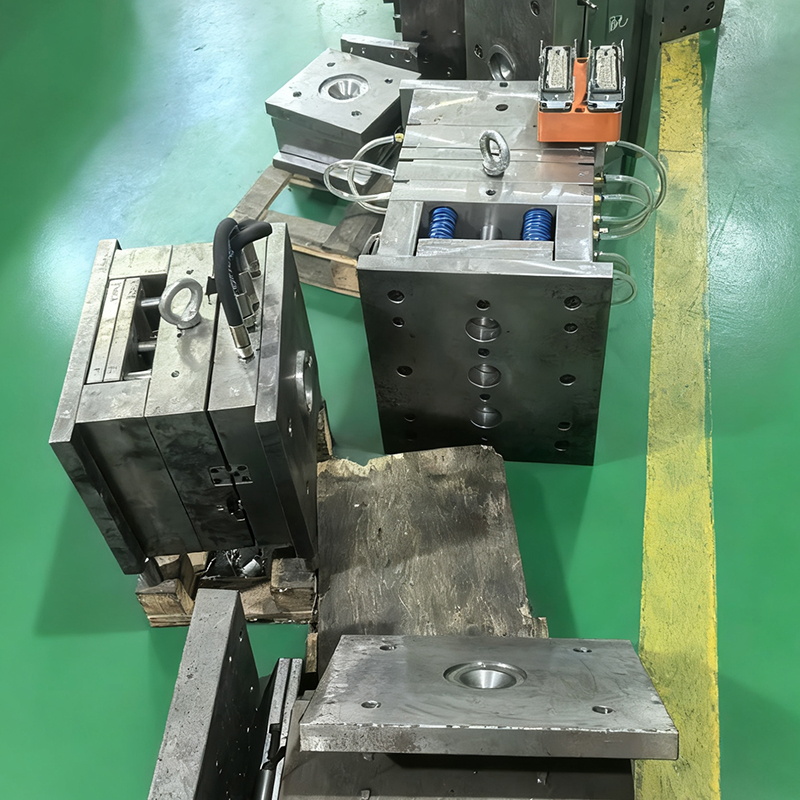
Assurance is another concern. Any change in design or material must still meet regulatory standards. Reputable Medical Plastic Mould suppliers adhere to ISO standards and implement rigorous checks throughout the mould-making and production process. This is especially true in a dedicated Medical Plastic Mould Factory, where documentation and traceability are built into the workflow. Processes such as Cavity Pressure Monitoring or CT scanning can be used to verify internal integrity and dimensional accuracy of complex parts.
People often wonder if low-volume custom production is possible. Many Medical Plastic Mould Factory providers offer solutions for small to medium batch sizes, using techniques like rapid tooling or modular mould designs. This allows for cost-effective production of specialized components without the need for high-volume orders. Such flexibility is especially valuable for niche medical devices, research equipment, or pilot production runs.
Customization is not only possible but is a core strength of modern Medical Plastic Mould manufacturing. By collaborating with an experienced Medical Plastic Mould Factory, companies can develop products that meet precise clinical needs, comply with industry regulations, and perform reliably in real-world conditions. From concept to mass production, the synergy between innovative design and moulding expertise continues to expand what is achievable in medical device manufacturing.

 English
English русский
русский Español
Español

